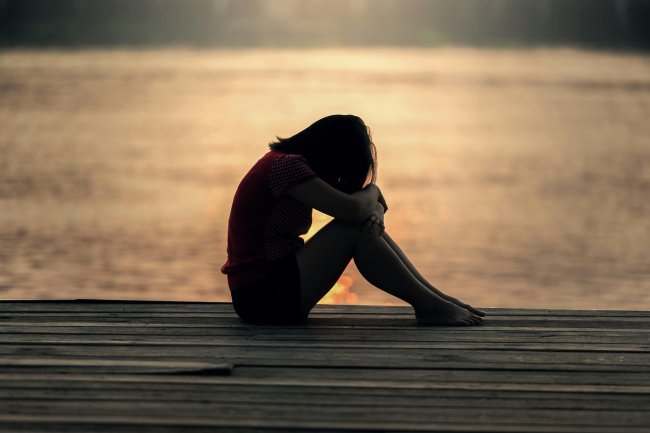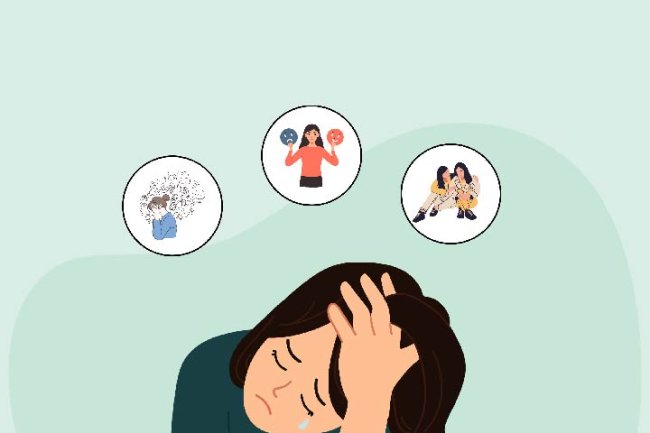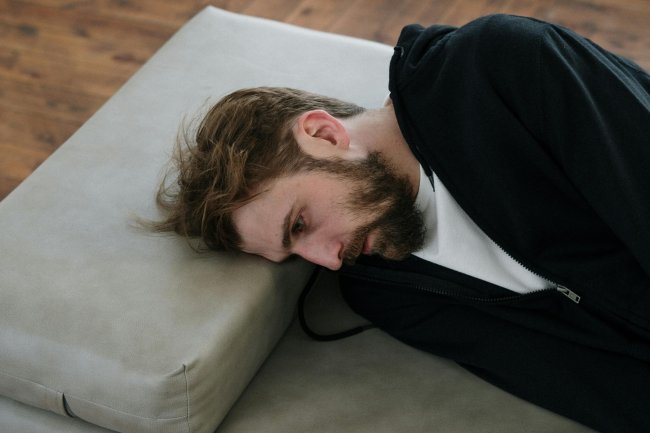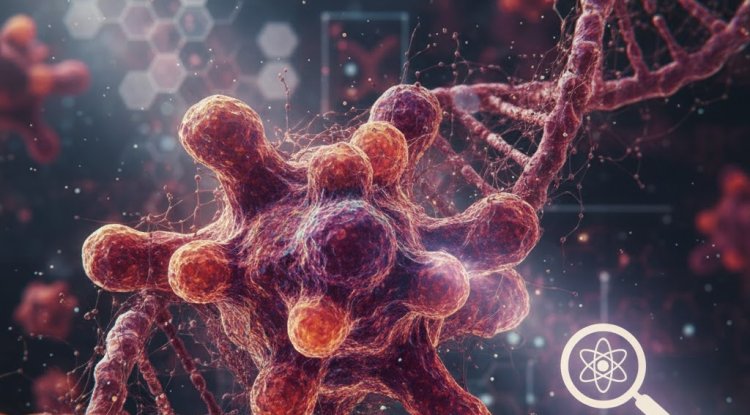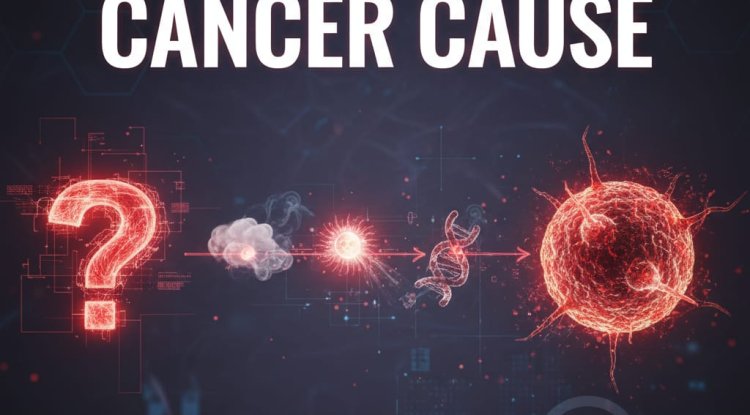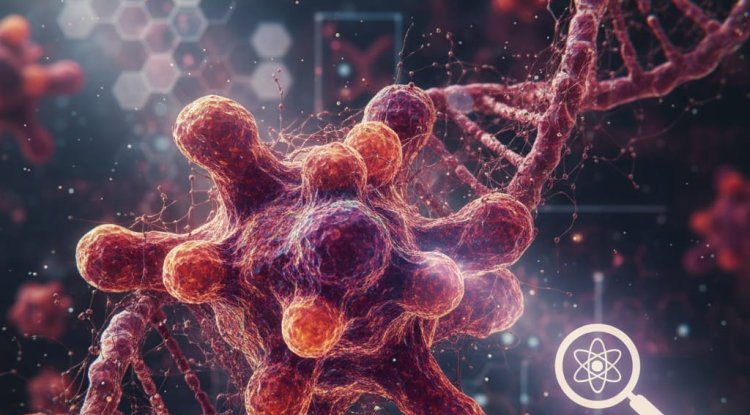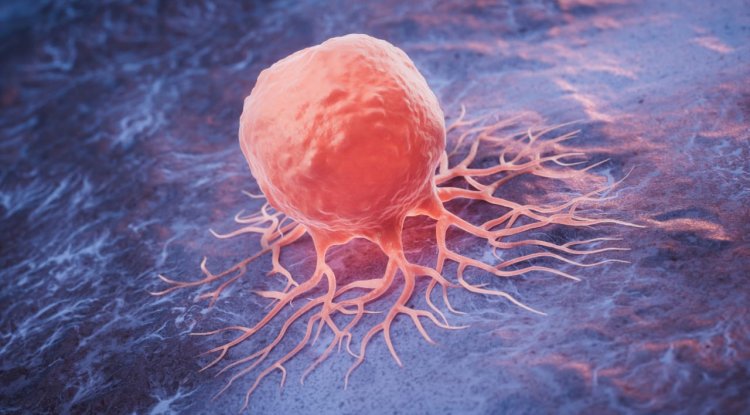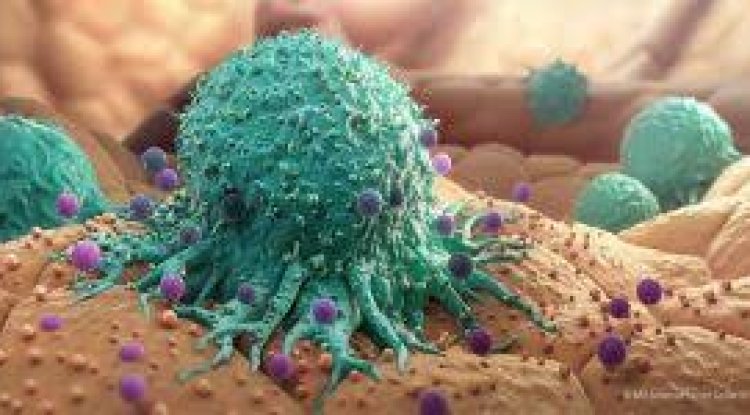depression treatement
Depression is a serious but treatable mental health condition. Treatment usually involves a combination of therapy, lifestyle changes, and sometimes medication.
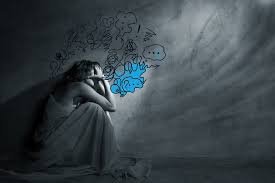
???? 1. Therapy / Counseling
Talking to a trained professional can help you manage thoughts and feelings. Common approaches include:
-
Cognitive Behavioral Therapy (CBT): Helps change negative thinking patterns.
-
Interpersonal Therapy (IPT): Focuses on improving relationships and social support.
-
Psychodynamic Therapy: Explores underlying emotional conflicts.
-
Group Therapy: Sharing experiences with others can reduce isolation.
???? 2. Medication
Antidepressants may be prescribed by a doctor or psychiatrist if depression is moderate to severe.
-
SSRIs (Selective Serotonin Reuptake Inhibitors): e.g., fluoxetine, sertraline
-
SNRIs (Serotonin-Norepinephrine Reuptake Inhibitors): e.g., venlafaxine
-
Other medications: Depending on symptoms and response
Always take medications under medical supervision, especially if pregnant or breastfeeding.
????♀️ 3. Lifestyle Changes
-
Exercise: Even 20–30 minutes of walking daily can improve mood.
-
Healthy diet: Eat balanced meals with vitamins and minerals.
-
Sleep: Maintain a consistent sleep schedule.
-
Limit alcohol and avoid drugs: These can worsen depression.
-
Mindfulness & relaxation techniques: Meditation, deep breathing, or yoga can help reduce stress.
???? 4. Social Support
-
Talk to family or friends you trust
-
Join support groups or online communities
-
Share responsibilities to reduce stress
⚠️ 5. Emergency Help
If you or someone else has:
-
Thoughts of self-harm or suicide
-
Feeling hopeless with no support
Seek help immediately: call local emergency services or a suicide prevention hotline.
Depression can take time to improve, but with proper treatment and support, most people recover.
What's Your Reaction?








